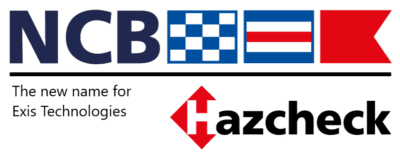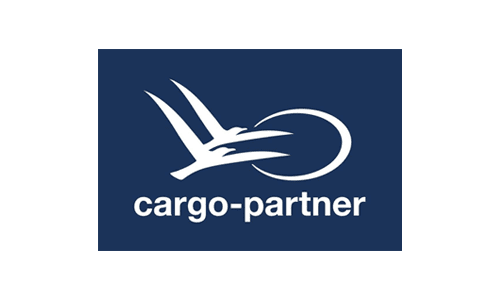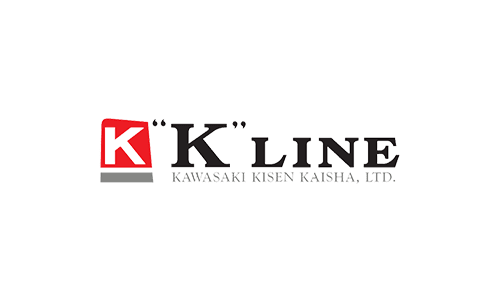Product Overview
The IMDG Code Consignor/Freight Forwarder course is online IMDG training for personnel with a management, supervisory and/or safety compliance role for a company involved in dangerous goods consignment operations, for example, shipping or freight forwarding.
The IMDG Code Consignor/Freight Forwarder course provides:
- An introduction to the IMDG Code
- An overview of
- IMDG Code general provisions
- additional provisions concerning transport, including emergency response provisions
- stowage requirements
- In-depth training on
- dangerous goods classification and identification provisions
- packing provisions
- package marking and labelling requirements
- CTU marking and placarding requirements
- documentation requirements and completion procedures
- segregation requirements within a CTU
- requirements for limited quantities and excepted quantities shipments
- Training on the use of CTUs
The course can be purchased with additional modules, a 49 CFR and an ADR module, which look at additional requirements in those regulations when shipping under IMDG Code provisions.
The courses are open book and include hyperlinks in the course to help with your training experience.
The online training course includes tests at the end of each element to ensure an understanding of learning topics and a final course completion certificate.
IMDG Code e-learning is a Certified Det Norske Veritas Learning Programme
The IMDG Code e-learning courses are updated in line with new Amendments and Errata. The IMDG Code Amendment cycle is available here
-
Benefits
- Compliance – meets the mandatory training requirements in the IMDG
Code for all those involved in the transport of dangerous goods by sea
- Cost-effective – typically a fraction of expensive classroom time and less
disruptive than absence from work
- Flexible learning – courses are taken at the student’s own pace or to a
timetable set by management
- Course management – administrator function to monitor and manage any
number of students in local, regional or global training programs. Records
are maintained in the administrator system and can be made available to
employees and competent authorities
- Certificate – tests at the end of each element ensure understanding
of learning topics, with marks combined in a final course completion
certificate.
- Safety – produced by dangerous goods transport specialists
- Efficiency – delivers consistent training standards across global operations,
especially relevant to corporate quality assurance programmes
- Up to date – courses are updated in line with Amendment and Errata changes
- Customisation – courses can be customised to incorporate company specific procedures and policies.












